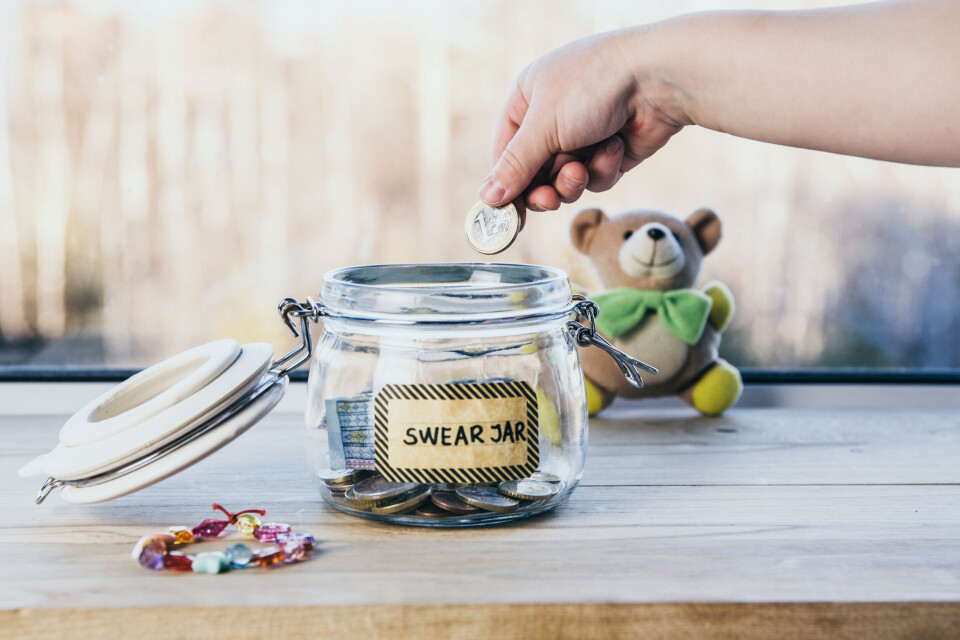-
Duck Cold! Four French phrases to use when it is freezing outside
We remind you of French expressions to use to describe the drop in temperature
-
When and why do we say le moral dans les chaussettes?
We explore this useful expression that describes low spirits
-
The origins and meaning of tirer les marrons du feu
As Christmas approaches, we look at a phrase to describe someone who takes advantage of a situation
Mind their language: French phrases that kids swear by
No matter how much you try, you cannot stop your children from picking up the odd gros mots along the way

One of the great challenges of raising small children, be that in France, or anywhere else, is controlling the kind of language they are exposed to, and keeping a tightish rein on them hearing too many swear words (gros mots).
At home, there is nobody to blame but oneself if there is an occasional slip.
But once they go out the front door each morning, to go to school, childcare, sports practice or to visit relatives, all bets are off, and one places trust in those in charge not to overstep the bad language mark.
Your language noter's own experience with a bilingual five-year-old in this regard is often very amusing, even if certain inappropriate words and phrases make their way home thanks to a kindly, elderly relative with a penchant for dropping the P-bomb (his occasional use of putain is not exactly unsurprising as this is probably the most common swear word in France).
Add to this his very commonly employed end-of-sentence suffix, the fairly rude ‘con’ (it peppers conversation in the Toulouse area) – and you have the perfect storm for an effing and jeffing toddler.
One day recently, however, a more creative and poetic-sounding combination emerged from the little larynx as the salad bowl was passed around – a word I had never heard before.
Out popped, with eloquent precision when refering to some playground rival or other, the word “un casse-burnes”.
How sweet, i thought, that sounds nice – we have a budding Baudelaire here, an eloquent little poet.
But, alas no – les burnes refer, in the most vulgar manner, to ‘balls’ and a casse-burnes is a ‘ball-breaker’.
I looked the word up, asked him to use ‘casse-bonbons’ instead and made a mental note to have a word with the sweary septuagenarian.
























